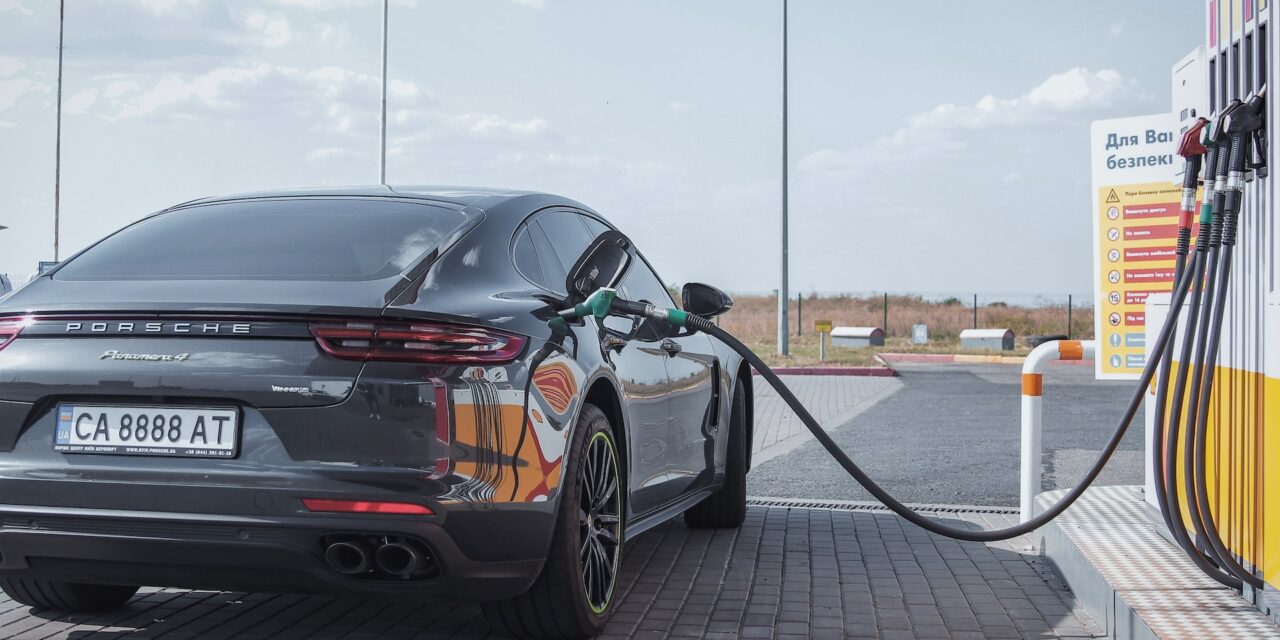Russia and Saudia Arabia have recently cut crude supplies, which means that petrol prices rose above 90 dollars for a barrel. For many, this might be reminiscent of the inflation of oil prices, which took its toll on many motorists. However, shortly after the spike, oil prices fell. In this article, we will explore what is happening with the oil prices and how it will affect motorists.
Low Crude Supplies
In September, Russia and Saudia Arabia decided to extend cuts to oil supplies. The two countries announced that they would cut 1.3 million barrels daily from their output. At first, this caused oil prices to surge in the middle of high inflation.
This alarmed drivers because they were concerned that, at a time when oil prices had already increased significantly, they would force gasoline prices even higher. Not only would this impact motorists but also the world economy in a time of inflation.
However, shortly after the hike, the Brent crude oil price futures fell by 42 cents or 0.5 percent as of September 2023. Still, several experts are expecting the oil prices to rise soon. Because of the recent developments, Brent could reach a price of 100 dollars per barrel by the end of 2024.
Risks for the Market
With this high demand and tightened supply, experts are concerned that there could be a supply deficit during winter when oil demand is high.
This is also happening during a time of high inflation, and could have an impact on the global economy, specifically those countries that have had a difficult time battling rising prices. Countries that are highly dependent on oil imports could also be affected by this, as it can affect their trade balance and overall economy.
When it comes to the role of the United States, an option is bringing more oil from other countries now that Saudi Arabia is cutting oil. Another option is producing oil domestically, even though it is unlikely to be enough.
What Could the Oil Prices Mean for Motorists?
Increasing gas costs can have a significant negative impact on drivers. Many consumers are already dealing with high inflation as consumer prices have risen across the board. For the motorists who already have a hard time dealing with the price of petrol as it is, only time will tell if gas gets so expensive that they can no longer afford it. Although it won’t be an option for everyone, some people may use public transportation or carpool to ease the financial burden of commuting.
When fuel prices rise, some motorists have taken matters into their own hands by using more dangerous techniques. These are methods such as trying to save fuel by hypermiling and, in some cases, not using the brakes. However, experts advise against using methods like that. Instead, motorists can save some fuel by removing heavy items from the car. When drivers carry heavy weight, they burn more fuel, and removing unnecessary and heavy items can be a possible solution.




